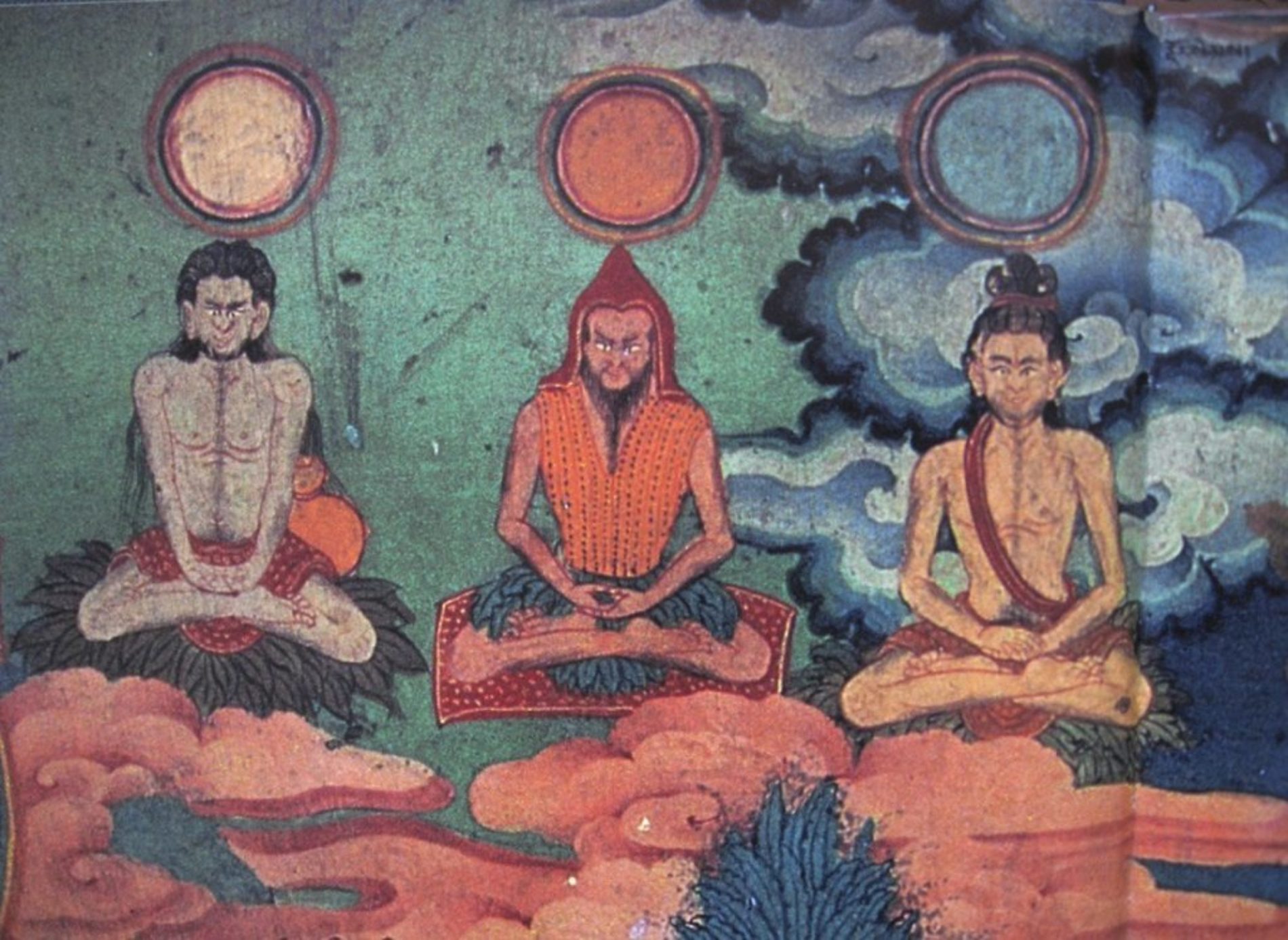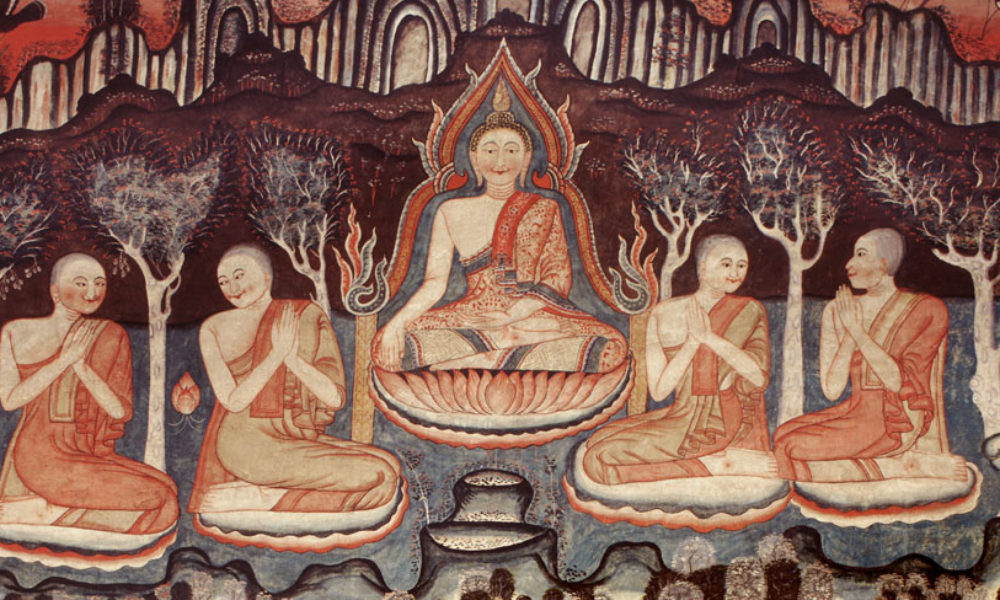The Buddha spoke of four kinds of nutriments, the four kinds of foods that we consume every day. Our happiness and suffering depend very much on whether what we consume is wholesome or unwholesome.
THE FIRST NUTRIMENT: EDIBLE FOOD
Before eating, we can look at the food on the table and breathe in and out to see whether we are eating food that is making us healthy or making us sick. We can pause and decide to eat only the most nourishing food. This is mindful eating. At the table, we can be silent for a moment. We can practice breathing in and out and give thanks for the healthy food in front of us.
THE SECOND NUTRIMENT: SENSORY IMPRESSIONS
Sensory impressions are what we consume with our eyes, ears, nose, body, and mind. They may be healthy or toxic. When we talk with a good friend or listen to a dharma talk, the seeds of compassion, understanding, and forgiveness are watered in us, and we are nourished. But an advertisement or film can touch the seed of craving in us and make us lose our peace and joy. Our mindful awareness can help us change the focus of our attention and be nourished by the positive things around us. The blue sky, the sounds of birds, the presence of a friend—all of these things feed our compassion and joy.
THE THIRD NUTRIMENT:ASPIRATION OR DESIRE
Every one of us has a deep desire, and we are nourished by that desire. Without desire, we wouldn’t have the energy to live. That deepest desire can be wholesome or unwholesome. The desire to help fight pollution and preserve our planet is something wonderful. But our craving for money, power, sex, fame, or to punish others only leads to ill-being.
THE FOURTH NUTRIMENT: CONSCIOUSNESS
We are influenced by the way of thinking and the views of other people in many ways. It is our collective consciousness that determines how we live in the world. If we aren’t mindful and we live in an environment where people around us are very angry, violent, or cruel, then sooner or later we’ll become angry and cruel as well. This is especially true for our children. When we put our children in an environment, they may be as influenced by that environment as they are by our parenting.
Most of us don’t live in an environment where people are always peaceful, compassionate, and open. But we can be mindful of creating a community around us that fosters these qualities.
We can make a decision to follow this training and commit to not consuming anything that brings toxins into our body and mind. Mindful consumption is the way out of craving, not only for us as individuals, but also for the whole world. The only sustainable way for human life to continue is if we consume less and become content with fewer possessions.
Once we are able to live simply and happily, we are better able to help others. We have more time and energy to share.
We can look deeply into the nature of money or material possessions and see that they will not bring us any more happiness than is already available to us. The more we look deeply, the more clearly we see, and reality reveals itself to us bit by bit. When we see reality as it is, there is no craving, no anger, and no fear.




